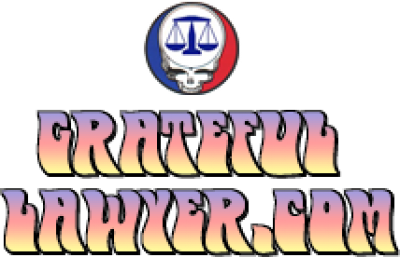Taxes are a complicated issue in the bankruptcy world. Some income taxes are discharged after three years. Some taxes are not discharged at the end of your bankruptcy. However if you file a Chapter 13 bankruptcy you may be able to discharge some of the older income tax debt and then design a plan that will pay off any remaining taxes over a five year time period.
In a Chapter 7 bankruptcy you can only discharge income taxes that are more than three years old from the time they were due (along with some other requirements). All other taxes will pass through the Chapter 7 bankruptcy and you will still owe them. You will then have to deal with the taxing authorities directly.
In a Chapter 13 bankruptcy you can still discharge the income taxes that are more than three years old from the time they were due (again, there are other rules that apply). Other income taxes, sales taxes and/or withholding taxes can all be paid through a Chapter 13 plan without additional interest or penalty. Certain penalties can be “crammed down” and paid pennies on the dollar. Secured tax claims will still get paid interest but the rate of interest can be reduced and the secured portion of the tax liability reduced to the value of the assets.
Taxes and bankruptcy are very complicated matters and it is important to review your tax issues with a bankruptcy attorney to determine what will work for you and if bankruptcy is the right way to resolve your tax situation.
